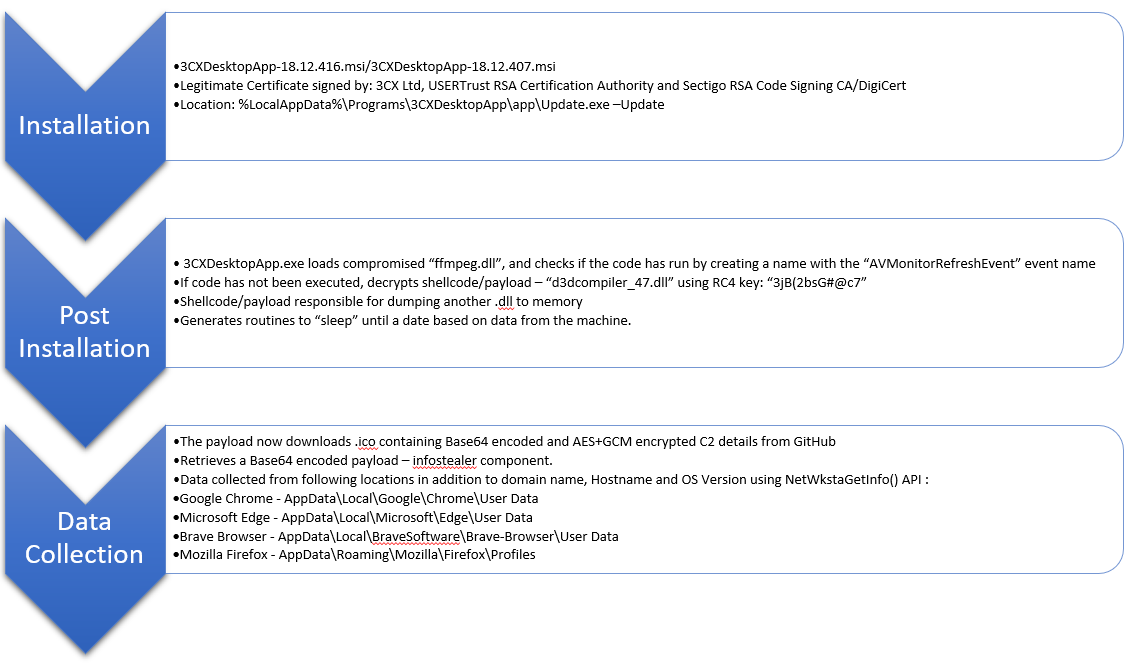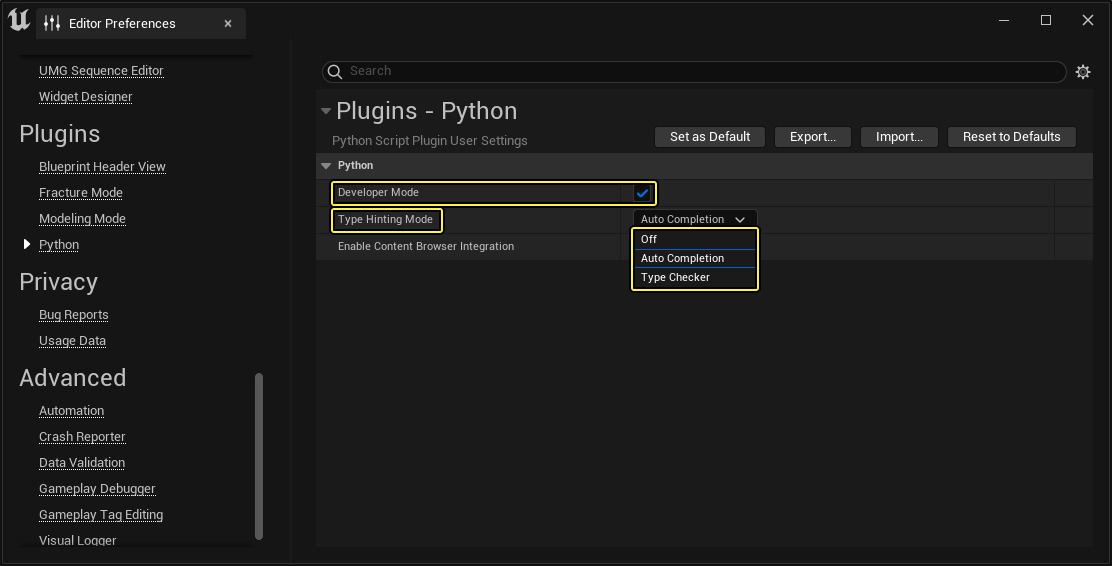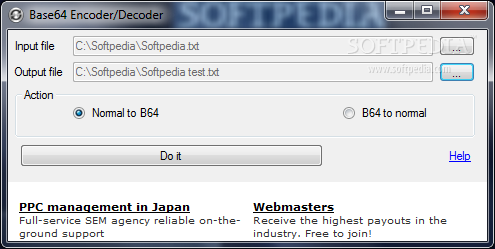This article discusses the common errors encountered while using the Base64.exe utility on Windows.
Base64.exe Purpose and Usage
Base64.exe is a command line utility in Windows that is used for encoding and decoding files in Base64 format. It follows the specification outlined in RFC 4648 and can be a useful tool for various purposes, including encoding and decoding data for email attachments, transferring binary files through text-based protocols, or converting binary data into a text format.
To use Base64.exe, open the command prompt and enter “base64.exe –OPTION“. Replace “OPTION” with the desired command line option, such as “-s” to print the output to the console or “-OUTFILE file” to save the output to a file.
Keep in mind that Base64 encoding expands the size of the data by about 33% and may result in larger file sizes. Also, be aware of any issues with input and output redirection, as well as any quirks related to different character encodings like EBCDIC or ASCII.
For more information and examples of using Base64.exe, refer to the product documentation or online resources.
Is Base64.exe Legitimate and Safe?
Base64.exe is a legitimate and safe command line utility for Windows that allows you to encode or decode data using the Base64 data encoding scheme. It is compliant with the RFC 4648 specification and can be used for various purposes, such as encoding or decoding email attachments in Multipurpose Internet Mail Extensions (MIME) format.
To use Base64.exe, you can input data directly through the command line or use input redirection to read data from a file. You can also specify extra options, such as using the “-s” flag to decode data as a single-line string.
It is important to note that Base64.exe is a command line utility and may not have a graphical user interface. If you encounter any issues, make sure to check for syntax errors or redirection problems.
Understanding Base64.exe Origin and Creator
Base64.exe is a utility program for Windows that allows users to encode and decode data using the Base64 data encoding scheme. This tool has a rich history and is widely used in various applications. It was first introduced in the 1980s and has since become a standard mechanism for encoding binary data into printable ASCII characters.
Understanding the origin and creator of Base64.exe can provide valuable insights into its functionality and potential use cases. While the exact details may vary depending on the source and version, it is important to note that Base64.exe is not a teacher or a standalone program. Instead, it is commonly used as a filter or a part of a larger process.
Base64.exe can be run from the command line and accepts various options and forms of input. It can read data from stdin or from a specified file, and can also handle redirection issues. Additional options such as “-s” for specifying the source and the use of the pipe symbol can further enhance its functionality.
When using Base64.exe, it is important to consider compliance and compatibility issues. Different brands and versions of the utility may have quirks or limitations, such as the handling of EBCDIC or OUTFILE options. It is advisable to consult the product documentation or seek expert advice to ensure the desired results.
To better understand the capabilities of Base64.exe, it can be helpful to explore examples and sample test files. This will allow users to familiarize themselves with the syntax and see firsthand how the utility operates. Additionally, acknowledgements and market access details can provide valuable insights into the utility’s development and potential applications.
python
import base64
def encode_base64(input_string):
encoded_bytes = base64.b64encode(input_string.encode('utf-8'))
encoded_string = encoded_bytes.decode('utf-8')
return encoded_string
def decode_base64(input_string):
decoded_bytes = base64.b64decode(input_string.encode('utf-8'))
decoded_string = decoded_bytes.decode('utf-8')
return decoded_string
# Example usage:
input_string = "Hello, World!"
encoded_string = encode_base64(input_string)
decoded_string = decode_base64(encoded_string)
print("Input String:", input_string)
print("Encoded String:", encoded_string)
print("Decoded String:", decoded_string)
Please note that this code snippet is meant to be executed within a Python environment and not as a standalone executable file (like “base64.exe”). The provided functions `encode_base64` and `decode_base64` take a string as input and return the base64 encoded and decoded strings, respectively.
Base64.exe as a System File and Associated Software
Base64.exe is a system file in Windows that is associated with various software applications. It is often used for encoding and decoding data in Base64 format. This utility is commonly used for tasks such as converting binary data into text, transferring data over text-based protocols like email, and handling redirection issues.
To use Base64.exe, open a command prompt and navigate to the directory where the file is located. You can then run the utility with various options and arguments to encode or decode data. For example, to encode a file called “sample.txt” and save the output to a file called “encoded.txt”, you can use the command:
base64.exe -e -in sample.txt -out encoded.txt
Similarly, to decode a Base64-encoded file, you can use the command:
base64.exe -d -in encoded.txt -out decoded.txt
Base64.exe supports various options, including specifying the input and output files, encoding or decoding data from stdin or stdout, and handling different variants of Base64 encoding. Check the documentation or use the -h option for more information on these features.
Please note that the Base64 encoding process converts data into text using a set of 64 characters, which can include alphanumeric characters, plus and slash symbols, and sometimes other characters depending on the variant used. This encoding mechanism is commonly used in email attachments, as well as in Multipurpose Internet Mail Extensions (MIME) encoding.
Base64.exe is a useful utility for handling Base64-encoded data, and it can be particularly helpful in scenarios where you need to work with encoded data, such as when dealing with email attachments or transferring data over text-based protocols.
Base64.exe Malware and Troubleshooting
Base64.exe is a utility used in Windows for encoding and decoding files in Base64 format. However, it can sometimes be infected with malware, causing errors and issues on your computer.
To troubleshoot Base64.exe malware, follow these steps:
1. Run a malware scan using a reliable antivirus program to detect and remove any infected files.
2. If the issue persists, check if the Base64.exe file is located in its correct directory, which is usually the System32 folder. If not, it could be a sign of malware or a corrupted file.
3. To further troubleshoot, open the command prompt and navigate to the directory containing Base64.exe. Use the command Base64.exe -s followed by the file’s path to encode or decode files.
4. If you suspect that the Base64.exe file is a malware variant, consider using an alternative utility like uuencode or other trusted brands.
Base64.exe Running in Background and High CPU Usage
If you are experiencing high CPU usage and notice that Base64.exe is running in the background, there may be an issue with the Base64.exe utility for Windows. This utility is commonly used to encode and decode files and data using the Base64 encoding scheme.
To troubleshoot this issue, you can try the following steps:
1. Check for any running processes that may be using the Base64.exe utility. Use the Task Manager or a similar tool to identify and terminate any unnecessary processes.
2. Ensure that you are using the latest version of the Base64.exe utility. Check for any updates or patches that may address known issues or bugs.
3. If you are using Base64.exe as part of a larger project or software, review the project details and documentation to ensure that you are using it correctly and within its intended scope.
4. Consider using alternative encoding or decoding methods if they are suitable for your specific needs. There are various other encoding schemes available, such as uuencode, that may be a better fit for your requirements.
Base64.exe Not Responding and Performance Impact
Base64.exe is a utility for Windows that encodes and decodes data using the Base64 algorithm. However, sometimes users may encounter issues with Base64.exe not responding or experiencing performance impact.
To troubleshoot this problem, try the following steps:
1. Check for system requirements: Ensure that your computer meets the necessary specifications for running Base64.exe.
2. Update Base64.exe: Make sure you have the latest version of Base64.exe installed. Check for updates on the official website or through software updates.
3. Scan for malware: Run a thorough scan of your system to check for any malware or viruses that may be causing issues with Base64.exe.
4. Optimize system performance: Close any unnecessary programs and processes that may be consuming system resources. This can help improve the performance of Base64.exe.
5. Use alternative tools: If the issues persist, consider using alternative Base64 encoding and decoding tools to perform your tasks.
Should I Delete Base64.exe?
If you are experiencing errors with Base64.exe utility for Windows, you may be wondering if it’s safe to delete the program. Before taking any action, it’s important to understand the purpose of Base64.exe and its role in your system.
Base64.exe is a utility that converts binary data into a text format, allowing it to be easily transmitted via email or other text-based systems. It is commonly used for encoding and decoding data, such as images or files, to ensure compatibility across different platforms.
If you are not actively using Base64.exe and it is causing errors or performance issues, you may consider deleting it. However, it’s important to note that removing the utility may impact certain functionalities or programs that rely on it.
Before deleting Base64.exe, make sure to backup any important files or data that may be affected. If you are unsure about the impact of removing the utility, it is recommended to consult with a technical expert or your system administrator.
Base64.exe Removal Tool and Alternatives
- Base64.exe Removal Tool: A software designed to remove Base64.exe utility from Windows systems.
- Malwarebytes Anti-Malware: A powerful alternative to the Base64.exe utility for detecting and removing malware.

- Windows Defender: Another alternative that comes pre-installed with Windows, providing real-time protection against viruses and other malicious software.
- CCleaner: A popular alternative utility that helps optimize system performance and clean temporary files, including any related to Base64.exe.
- Process Explorer: A useful tool for monitoring and terminating processes, including Base64.exe if necessary.
- Revo Uninstaller: Recommended for completely uninstalling Base64.exe and any associated files or registry entries.

- Windows Registry Editor: A built-in tool for advanced users to manually remove Base64.exe entries from the Windows registry.
- System Restore: Useful if Base64.exe has caused system instability, allowing you to revert your system to a previous working state.
- Antivirus Software: Installing a reliable antivirus program like Avast, Norton, or any other reputable brand can provide ongoing protection against Base64.exe and other threats.
Base64.exe Startup and Windows Version Compatibility
The Base64.exe utility is compatible with various Windows versions, including Windows 10, Windows 8, Windows 7, Windows Server 2019, and Windows Server 2016. It is a command-line tool that converts binary data into Base64-encoded text and vice versa. To use the utility, open the command prompt and navigate to the directory where Base64.exe is located.
To encode a file, use the following command: Base64.exe -e inputfile outputfile. Replace “inputfile” with the path of the file you want to encode and “outputfile” with the desired name for the encoded file.
To decode a file, use the following command: Base64.exe -d inputfile outputfile. Replace “inputfile” with the path of the file you want to decode and “outputfile” with the desired name for the decoded file.
The Base64.exe utility is compliant with the Base64 encoding standard and has various features, such as the ability to encode/decode multiple files using wildcards and the option to encode/decode data from a pipe symbol (|). It is a useful tool for tasks involving data encoding and decoding.
Base64.exe Update and Download
- Base64.exe Update: Get the latest version of the Base64.exe utility for Windows to resolve errors and enhance functionality.
- Download Base64.exe: Access the official website or trusted software repositories to download the Base64.exe utility.

- Compatibility: Ensure that the Base64.exe utility is compatible with your version of Windows (e.g., Windows 10, Windows 8.1, Windows 7).
- Error Troubleshooting: Utilize Base64.exe to troubleshoot and fix common errors encountered while encoding or decoding files.
- Improved Performance: Update Base64.exe to experience improved performance and efficiency in file conversion processes.
- Enhanced Security: Benefit from the enhanced security features provided by the updated version of Base64.exe.
- User-Friendly Interface: Download the latest Base64.exe version to enjoy a user-friendly and intuitive interface.
- Bug Fixes: The updated Base64.exe utility includes bug fixes for known issues, ensuring a smoother experience.

- Optimized Encoding and Decoding: Leverage the updated Base64.exe to optimize the encoding and decoding of files.
- Effortless Installation: The Base64.exe update offers a hassle-free installation process, saving you time and effort.

